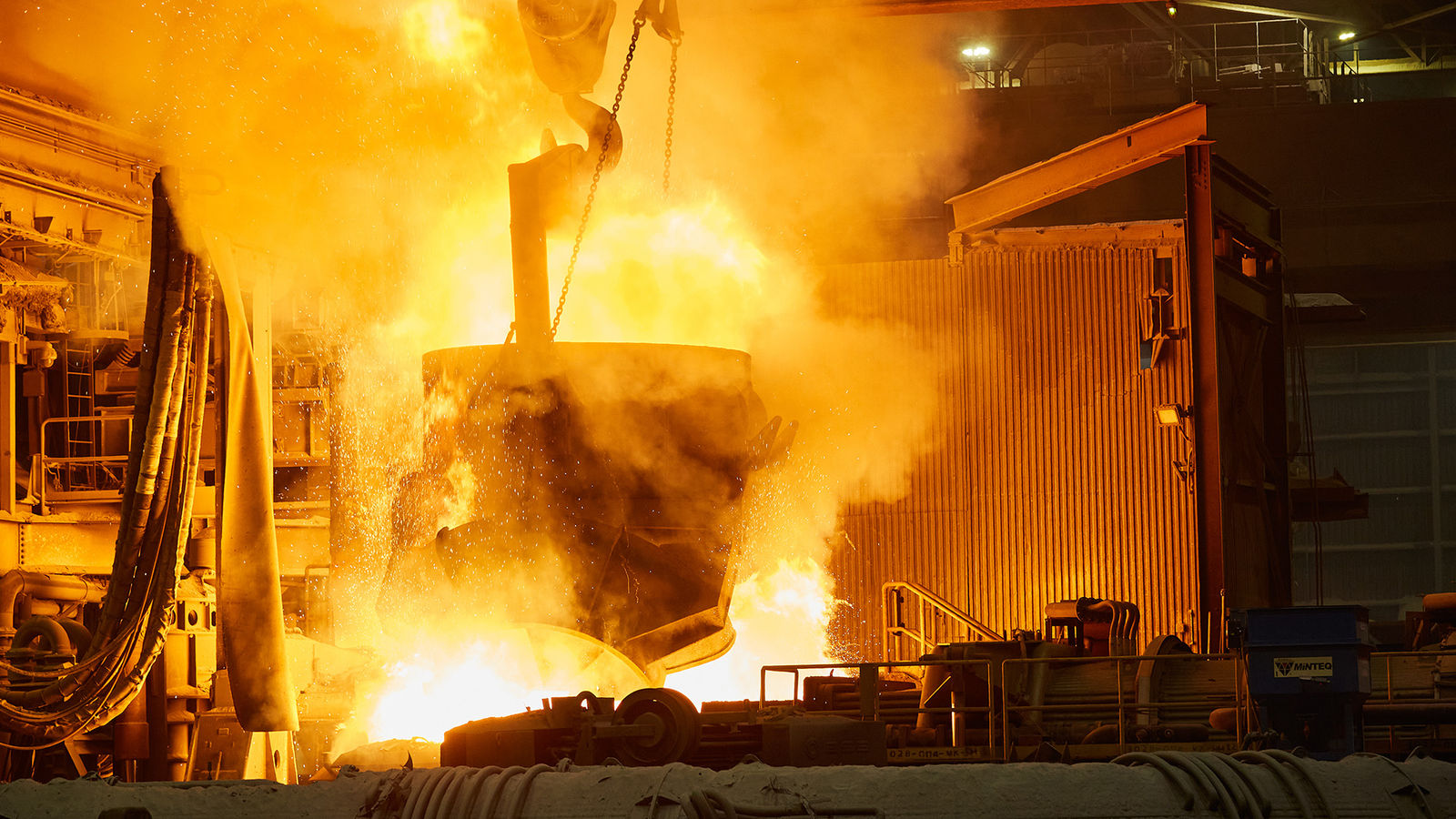Clean Steel Standards and Optimizing Gear Design
Reduce the risk of nonmetallic inclusion-induced failures
Gears serve as essential mechanisms in a wide range of mechanical equipment, helping to transmit torque, adjust rotational speeds, transfer power, distribute load and more. Used in necessary applications such as automobiles, energy systems, aerospace and industrial equipment, gears must be able to operate for long periods without maintenance. While gears can be made from a diverse assortment of materials, carbon and alloy steel offer superior benefits in terms of strength, durability and cost efficiency. As a remarkably recyclable material, steel may also be a preferable choice for environmentally conscious manufacturers.
While steel is a common choice for gear design, the numerous available options in grades, strengths and treatments can be daunting. The most important first step for gear manufacturers when investigating steel grades and applications is selecting a steel supplier with the capability to produce clean steel and provide technical support. This is crucial because having clean steel helps in consistently achieving the desired chemical, mechanical and physical properties for the final product.
Clean Steel—A Key Component in Modern GearDesign
Innovations in steel manufacturing have greatly improved the quality of steel that can be used for gears. These innovations have largely focused on the development of advanced “clean steel” practices. This phrase refers to steel that lacks detrimental nonmetallic inclusions, making it more durable. If not properly removed, certain nonmetallic inclusions can lead to fractures in gears, risking the chance of a recall and safety hazards.
To consistently develop components that balance reliability, performance and sustainability for high-stress applications, gear manufacturers need access to supremely clean steel. While no reputable steel supplier will aim to create a product riddled with imperfections, there are ways to identify suppliers that are more conscientious of their product’s cleanliness. For example, a detail-oriented supplier with precise processes focused on preventing the formation of these detrimental inclusions, as well as a continual investment in monitoring equipment and lab testing capabilities, will be better equipped to deliver the highest-quality steels for gear applications compared to those that don’t devote time, effort and resources to such practices.
Ensuring Clean Steel Quality: A Guide for Gear Manufacturers
While it is one thing for a supplier to say that they are focused on providing clean steel, a gear manufacturer that recognizes the correct procedures will be well prepared to identify and select the right supplier to help meet their high-performance and durability standards.







